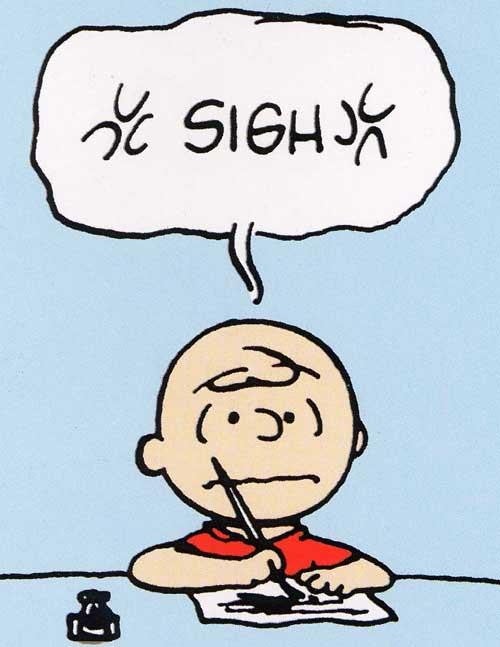FWP:
SETS == EK; IDIOMS; POETRY; WORDPLAY
This is the only divan verse that Ghalib chose to include from a formally identical but different ghazal; on this see {108,1}.
In this verse Ghalib has used the same rhyme-word as in the previous one, {108,1}. Plainly he had no problem with this kind of repetition; some later critics have declared it to be a flaw, but Ghalib obviously didn't share this view.
In general, the commentators take havaa baa;Ndhnaa to mean something like 'to show off, to demonstrate one's power'. Some of them think this display is aimed at the beloved, and might even achieve something. Others leave its intention vague. Here are some possible readings of the verse:
=The speaker falsely boasts that his sighs have an effect (while privately recognizing that, alas, they don't).
=The speaker sighs loudly and publicly, so people will be impressed by his lover-like prowess (even though he knows all sighs are vain).
=The speaker incorporates his sighs into poetry, although even then he doubts that they'll accomplish much. (For more on this use of baa;Ndhnaa , see {108,1}.)
=The speaker doesn't sigh, since sighs are ineffective; instead, while other lovers sigh, he versifies his own desires and his own 'breeze', just to show his superiority.
The wordplay, however, is surely the real point. The word aah both means 'sigh', and makes the sound of a sigh; and what is a sigh if not a miniature version of a breeze or wind [havaa]? The pair aah and havaa are also partial anagrams of each other (the latter is made out of the former plus one more letter). In the previous verse, {108,1}, the poet provided the 'wind' in the first line by comparing the beloved's steed to it; in this verse, the 'wind' is provided by a sigh.
In both cases, the wind is needed for word-and-meaning-play
with havaa in the second line. The multiple meanings
of havaa (breeze/love/desire), and then the double meaning
of baa;Ndhnaa (versify/tie), and then the additional
idiomatic meanings that they acquire when put together-- the effect is as
complex and (ultimately) unresolvable as it is enjoyable.

Nazm:
havaa baa;Ndhnaa is used to mean 'to inspire with awe' [ru((b bi;Thaanaa]. (112)
== Nazm page 112